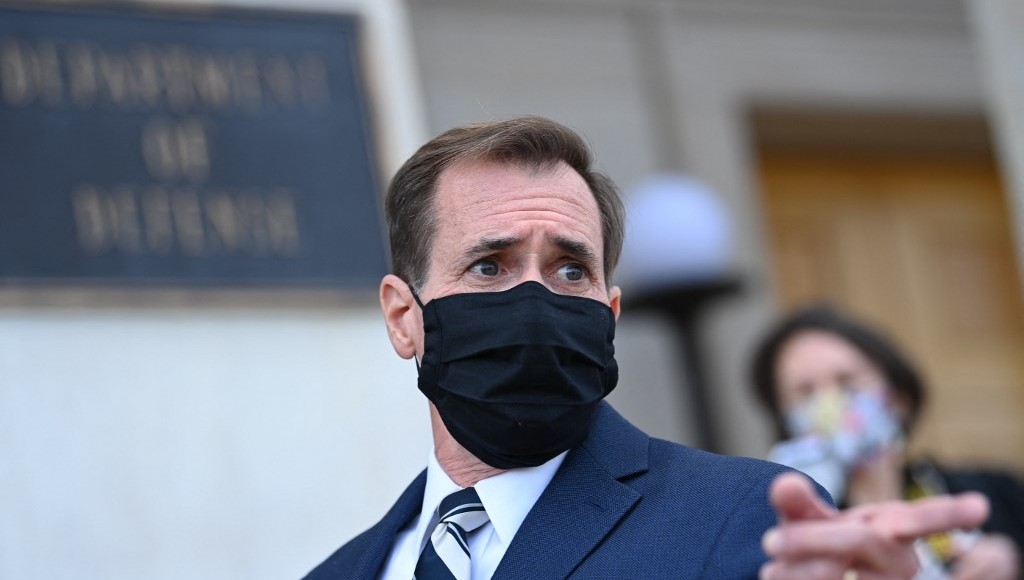The US Defense Department has said there has been no change in the US administration’s policy with respect to Turkey possessing a Russian missile defense system despite objections from its NATO allies, urging the country once again not to keep the S-40Os.
“… there’s been no change to the administration’s policy with respect to the F-35 and the S-400. Again, we urge Turkey not to move ahead with the delivery of the S-400. We believe it’s incompatible with the F-35, and Turkey remains suspended from that program. Again, we urge them not to retain it,” Pentagon Press Secretary John Kirby said in response to question at an off-camera press briefing in Washington, D.C., on Tuesday.
Kirby recalled that Turkey had multiple opportunities over the last decade to purchase the Patriot defense system from the United States, and instead chose the S-400, which he said provides Russia revenue, access and influence.
Despite warnings from the United States and other NATO allies, Turkish President Recep Tayyip Erdoğan brokered a deal worth $2.5 billion with Russian President Vladimir Putin for the S-400 missile system in 2017.
The S-400, a mobile surface-to-air missile system, is said to pose a risk to the NATO alliance as well as the F-35, America’s most expensive weapons platform.
Washington says the S-400s pose a threat to its F-35 fighter jets and NATO’s broader defense systems. Turkey rejects this and says the S-400s will not be integrated into NATO.
In a recent statement Turkish Defense Minister Hulusi Akar sought to ease US concerns about the S-400 system, saying Turkey could keep the system for rare use like Greece, which has a Russian air defense system on Crete, and not use it frequently.
When asked about Greece’s rare use of the S-300 system as it most of the time keeps the system’s components in warehouses in Crete, Akar said: “We would not always use them. Such systems are used when there is a threat. We will decide about that.”
Akar’s remarks, which apparently aim to reduce tensions over Turkey’s purchase of the S-400 system, came after Washington imposed sanctions in December on Turkey’s military procurement agency as punishment for its purchase of the S-400 under the Countering America’s Adversaries Through Sanctions Act, or CAATSA, which mandates penalties for transactions deemed harmful to US interests.
Turkey’s Presidency of the Defense Industry (SSB), its chief İsmail Demir and three other officials were targeted by the sanctions, which include a ban on all US export licenses and authorizations to SSB as well as asset freezes and visa restrictions on Demir and the other individuals.
The US had also previously removed Turkey from its F-35 stealth fighter development and training program over the S-400 purchase.


